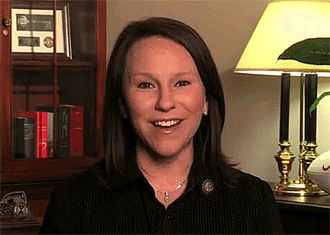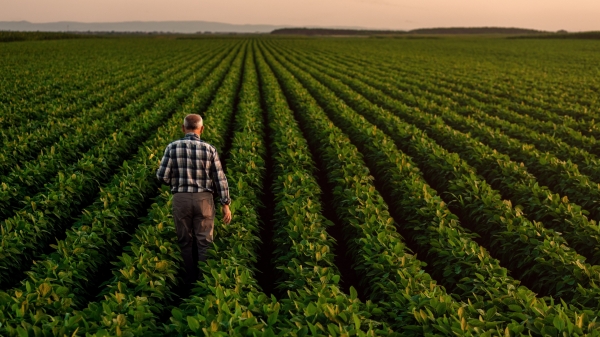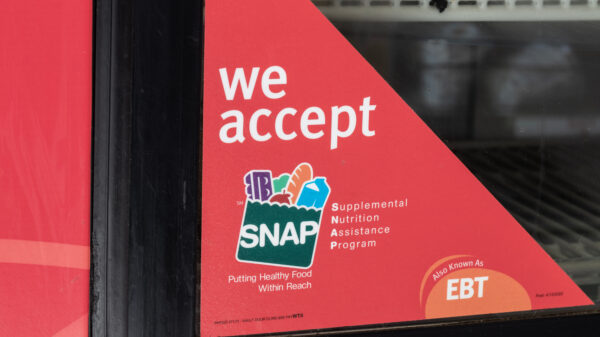By Brandon Moseley
Alabama Political Reporter
U.S. Representative Martha Roby (R) from Montgomery introduced a bill on Thursday which would save the taxpayers millions of dollars while increasing the amount of American fertile lands available for food production.
The Conservation Reserve Program (CRP) pays land owners not to farm their land. Rep. Roby’s bill, the Preserving Marginal Lands and Protecting Farming Act, H.R. 349, would reform the CRP ending CRP payments to idle productive, fertile land and restricting it to less productive highly erodible land, which was the original purpose of the program.
Congresswoman Roby said to constituents on Facebook, “Do you know the federal government pays landowners to let fertile, high-quality land to go unfarmed? It’s called the Conservation Reserve Program, and it was intended to prevent erosion and protect sensitive land. Recently, however, the program has tended to enroll high-quality and otherwise highly-productive land, all at a time when farmland is becoming more scarce.”
“That’s why I’ve filed a bill that reforms the CRP by restricting the practice of paying landowners to let fertile cropland go unplanted. We need to apply smart erosion prevention and conservation techniques on marginal lands, but using taxpayer money to encourage landowners to let quality cropland lay dormant doesn’t make sense. This legislation restores common sense to the CRP and saves taxpayers’ money.”
Rep. Roby’s bill would cut the overall number of acres held in CRP nationwide by 24 million acres over the next four years and end payments for non-farming of the most fertile and least sensitive lands. The most fertile and least sensitive land would be made ineligible from the CRP. The CRP program would remain but Roby would restrict it to highly erodible and sensitive lands. Decreasing the number of acres in the CRP program would save taxpayers millions annually.
ALFA President Jimmy Parnell said, “We support Congressman Roby’s commonsense legislation that addresses two huge challenges jeopardizing America’s future. It offers an opportunity to reduce deficit spending in Washington, and it keeps our nation’s most productive farmland in cultivation.”
Rep. Roby’s Preserving Marginal Lands and Protecting Farming Act is supported by the Alabama Farmers Federation (ALFA), the National Grain and Feed Association, the American Feed Industry Association, the Agricultural Retailers Association, the National Chicken Council, the National Oilseed Processors Association, the National Pork Producers Council, the National Turkey Federation, the North American Millers’ Association, and the Fertilizer Institute.
National Grain and Feed Association President Randy Gordon sent a letter to House Committee on Agriculture Chairman Frank Lucas (R) from Oklahoma urging passage of the Preserving Marginal Lands and Protecting Farming Act. Gordon said, “We’re extremely pleased that Congresswoman Roby continues her strong leadership on the importance of right-sizing the CRP in a way that preserves its environmental, water-quality and wildlife benefits, while enabling good-quality farmland to exit the program to help the United States remain competitive in response to strong demand for grains and oilseeds.”
Congresswoman Roby said, “I want to thank Alabama Farmers Federation, the National Grain and Feed Association and all the other farming and conservation groups who are supporting this bill.
Rep. Roby introduced a similar bill last year. She succeeded in getting parts of it in the 2012 Farm Bill. The Farm Bill did not pass before the 112th Congress adjourned. This Congress will have to address the Farm Bill as well as sequestration and the budget impasse.




















































